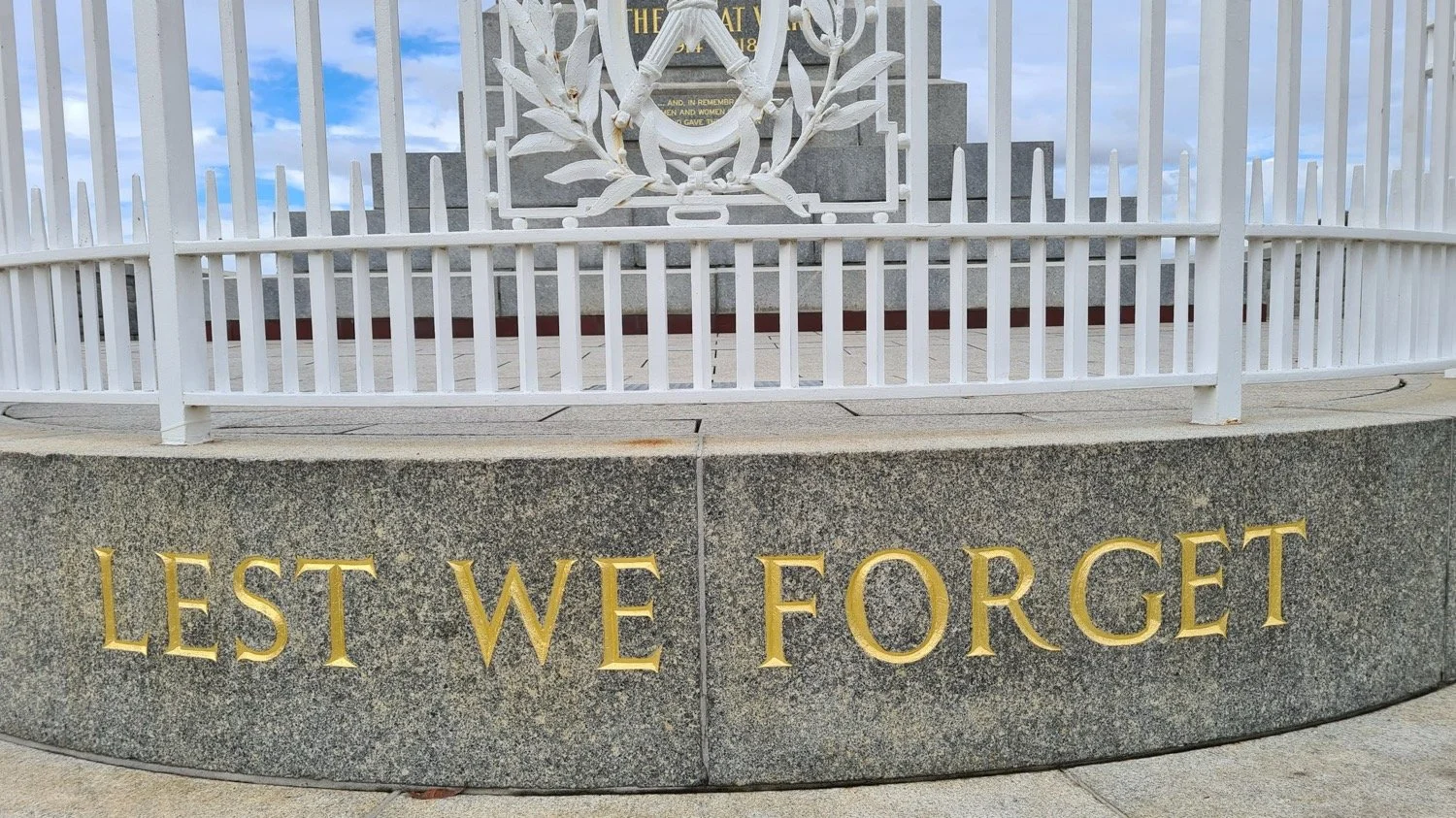Readings for the day: 2 Chronicles 27, 28, 29, and Psalm 68
“God loves a cheerful giver.” (2 Cor. 9:7) God loves it when His people give generously out of the bounty He has entrusted to them. God has given us all we need to take care of every single human need in the world today. According to the New York Times, it would take 10 billion dollars a year to provide clean drinking water to the world. Sounds like a lot, doesn’t it? It’s 1/10 of what Europe spends on alcohol each year and about half of what the US spends on dog food. According to the UN, it would take about 30 billion a year to solve the world’s food crisis. According to the WHO, it would cost $58/person to provide everyone with access to basic healthcare. About 371 billion by 2030. The impact? 97 million premature deaths could be averted, including more than 50 million children who never live to see their 5th birthday. 20 million deaths from non-communicable diseases like diabetes, cancer, and heart disease would be prevented. Life expectancy would jump anywhere between 3-9 years. Incredible!
How do we get from here to there? How does one become a generous person? The kind of giver God loves? King David shows us the way. First and foremost, one must love God supremely. We must love God more than our wealth. More than our lifestyles. More than our safety. More than our comfort. We must love God with our whole hearts. Listen to what David tells his son Solomon. “And you, Solomon my son, know the God of your father and serve him with a whole heart and with a willing mind, for the Lord searches all hearts and understands every plan and thought. If you seek him, he will be found by you, but if you forsake him, he will cast you off forever.” (1 Chronicles 28:9) Essentially, the key to Solomon’s success. The key to his kingship will be his love for God.
Second, we must recognize God is the giver of all good gifts. "Blessed are you, O Lord, the God of Israel our father, forever and ever. Yours, O Lord, is the greatness and the power and the glory and the victory and the majesty, for all that is in the heavens and in the earth is yours. Yours is the kingdom, O Lord, and you are exalted as head above all. Both riches and honor come from you, and you rule over all. In your hand are power and might, and in your hand it is to make great and to give strength to all. And now we thank you, our God, and praise your glorious name.” (1 Chronicles 29:10-13) We don’t own a single thing. Everything we have comes from God’s own hands. He chose the place of our birth. He endowed us with gifts and talents and abilities. He sovereignly orchestrated the opportunities we’ve been given. All these things were outside our control and yet they are the secret to our success. Of course we work hard. Of course we do our best. We are not passive in this process. But the foundation of whatever success we’ve achieved in this life was not laid by our own hands but by God Himself.
Third, we must acknowledge we are unworthy of such divine attention. “But who am I, and what is my people, that we should be able thus to offer willingly? For all things come from you, and of your own have we given you. For we are strangers before you and sojourners, as all our fathers were. Our days on the earth are like a shadow, and there is no abiding.” (1 Chronicles 29:14-15) The world is constantly telling us we “deserve” all we have. We’ve “earned” all we’ve received. We are “good” and “righteous” and “worth” every penny of our wealth. The Bible calls this a lie. We are unworthy sinners. Unworthy of God’s attention. Unworthy to come into His presence. We are sinners in desperate, desperate, desperate need of grace. Our days are like a shadow. There is no abiding. In a generation or two, all we have accomplished will be dust and no one will even remember our names. But God loves us. And has dealt bountifully with us. And has secured for us an eternal home in the heavens if we will receive His greatest gift. Jesus.
Fourth, once we’ve set our hearts on Christ. Once we’ve acknowledged God as the “sole proprietor” of this world and all that is in it. Once we’ve humbled ourselves in our unworthiness before Him. Our hearts and hands quite naturally open. Our fists unclench. Our fears and doubts fade. And we give. Give generously. Freely. Cheerfully. “I know, my God, that you test the heart and have pleasure in uprightness. In the uprightness of my heart I have freely offered all these things, and now I have seen your people, who are present here, offering freely and joyously to you. O Lord, the God of Abraham, Isaac, and Israel, our fathers, keep forever such purposes and thoughts in the hearts of your people, and direct their hearts toward you.” (1 Chronicles 29:17-18)
When it comes to your money...is your heart directed towards God? Or does He get what’s left over? When it comes to your wealth...do you see it as a tool in God’s hand to do His work? Or do you misuse the gifts of God to provide a safe and comfortable lifestyle for yourself? As a church...are we seeking to feather our own nest or are we continually seeking to give more and more of what God has given us away? (For the record, I am thankful to serve a church who not only gives more than 20% of it’s income away but has committed to raising that by 1% a year indefinitely.) As a nation...a Christian nation...are we committed to lead the world in generosity by caring for the less fortunate? Those trapped in cycles of life-threatening poverty? Are we willing to be “strong and courageous”, sacrificing our own needs, wants, and desires so the world can have clean water, nutritious food, and basic healthcare? The reality is America could probably fund these initiatives ourselves both domestically and internationally if we tap faith-based networks that are already doing so much of the local work. When you pray...do you ask God to keep His “purposes and thoughts” in your heart so you will grow in generosity as a disciple of Jesus?




